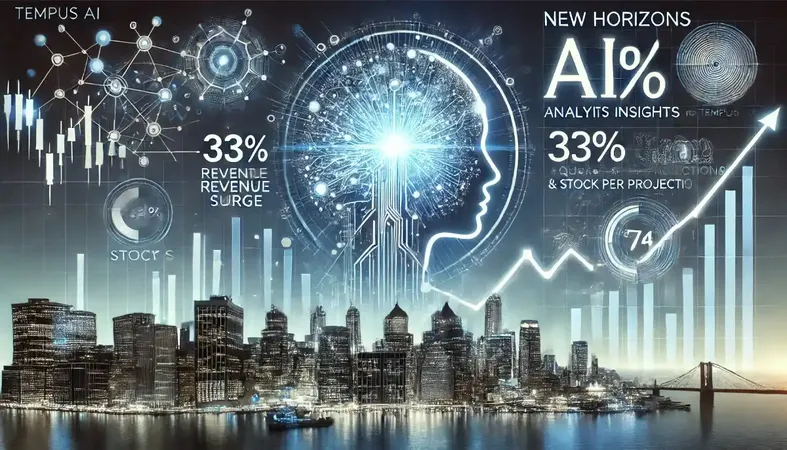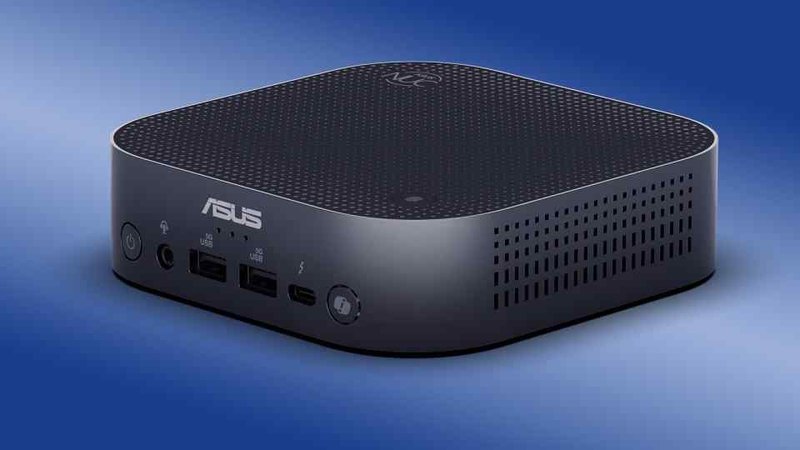Google’s Latest AI Innovations and Google Maps Updates
By admin | Nov 05, 2024 | 4 min read

In October, Google unveiled an impressive array of updates and new features across its suite of AI-powered tools, spanning everything from enhanced navigation with Google Maps to productivity boosts in Chromebooks. These advancements aim to enrich user experiences, improve accessibility, and champion responsible AI practices globally. Here’s a breakdown of Google’s latest AI-driven features and their impact on our everyday lives.
Google Maps’ Biggest AI Update Yet: Transforming Navigation
This October, Google rolled out its most comprehensive AI update for Google Maps, further cementing its place as a premier navigation solution. Users can now interact with Maps in a more intuitive, conversational way, receiving refined responses to complex questions. For example, a query like “fun activities with friends” can yield curated, personalized suggestions powered by Google’s advanced Gemini AI. Beyond that, travelers can now receive condensed summaries of a location’s reviews, sparing them from scrolling through countless individual comments.
In addition to improved search capabilities, Google has introduced features that allow users to preview their routes, making trip planning even smoother. These updates ensure that whether you're exploring your city or venturing abroad, Google Maps delivers an immediate, personalized experience that keeps pace with users’ evolving navigation needs.
NotebookLM: Streamlining Knowledge Gathering and Research
Another noteworthy addition is NotebookLM, a tool crafted to simplify the process of understanding complex topics. NotebookLM lets users upload a variety of documents—such as PDFs, Google Docs, websites, and YouTube videos—which the AI can then analyze and summarize. According to author Steven Johnson, who collaborated with Google on this project, NotebookLM is invaluable for quickly dissecting large volumes of information, making it particularly helpful for researchers, students, and professionals. It’s designed to support those in need of deep insights, helping them process data and arrive at comprehensive understandings efficiently.
AI-Powered Shopping and Smarter Chromebooks
Google is also integrating AI to enhance its online shopping experience, with these features currently available in the United States. Users now receive more targeted product suggestions, with brief AI-generated summaries that highlight critical details before making a purchase decision. Shoppers can also benefit from personalized recommendations and a new offers page designed to simplify finding the best deals.
Moreover, AI in Google Search has expanded user interaction possibilities—people can now search using images, videos, or even melodies. Advanced AI technology can recognize both visual and audio content, providing precise, real-time answers. For example, you could record a video of fish in an aquarium and ask, “Why do they swim together?” The AI will analyze the video, offer an insightful explanation, and provide further online resources.
Google has also introduced AI features to all Chromebooks, including two new models. These new Chromebooks come equipped with tools like Live Translate for real-time text translations and “Help Me Write,” which supports users in drafting complex documents. With its sleek design and functionality, the Chromebook Plus by Samsung now boasts a thinner, lighter profile, while Lenovo’s Duet 11” offers seamless switching between tablet and desktop modes. These upgrades position Chromebooks as versatile tech assistants, enhancing productivity and adapting to various user needs.
Google.org Grants for AI Training in the Public Sector
At the Public Sector Summit, Google.org committed $15 million to provide AI training for over 100,000 U.S. public sector employees. This grant will be channeled through the Partnership for Public Service and InnovateUS, focusing on training federal employees in AI skills crucial for modern public services. The goal is to create a workforce equipped to handle tasks in cybersecurity, data analysis, and citizen services more effectively. Through this initiative, Google underscores its dedication to fostering a responsible, well-informed AI landscape that advances public interests.
Nobel Prize Recognition for AI Pioneers Linked to Google
In a historic moment for AI, three researchers with ties to Google were honored with Nobel Prizes in October. Geoffrey Hinton, known as the “Godfather of AI,” received the Nobel Prize in Physics for his groundbreaking work on neural networks. Additionally, Google DeepMind’s Demis Hassabis and John Jumper received the Nobel Prize in Chemistry for AlphaFold 2, a transformative software that predicts protein structures. AlphaFold 2 has become an indispensable tool for over two million researchers worldwide, contributing to major breakthroughs in healthcare, such as new vaccines for malaria and innovative cancer treatments. This recognition underscores the profound impact of Google’s AI research, marking a milestone for the tech community and humanity as a whole.
Comments
Please log in to leave a comment.




No comments yet. Be the first to comment!